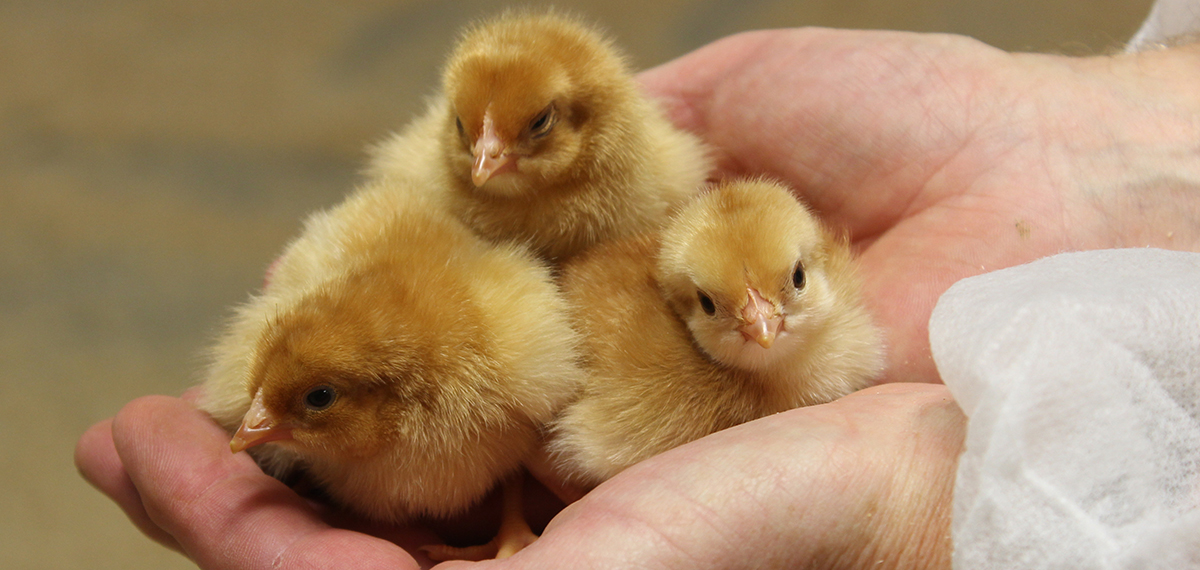
ALREADY ACCOMPLISHED
Sustainable chicken breeding since 1997 – that is how we at Bjärefågels has worked ever since the companys inception. The well-being of the chickens has always been a priority and there is an endeavor to have as little climate impact as possible.
In Sweden, as a member of the Swedish Bird Association, it is allowed to breed 36 kg of chicken per square meter in the chicken stable. We have 20 kg of chicken per square meter, so the Bjäre Chickens have twice as much space to move around. A new slow-growing chicken has been phased in, not just once but twice to have a chicken with as good health as possible. Read more about Ranger Gold chickens HERE.
In 2020 we switched to new consumer packaging, which reduces the amount of plastic we use by 61 percent. We have now started installing solar panels on as many of our facilities as possible, so that Bjärefågel can produce its own clean energy.
Bjärefågel i Torekow AB has received support from the European Agricultural Fund for Rural Development to change lighting to LED in 2023 and update ventilation control to modern energy-efficient control in five older chicken stables. The ventilation control helps to reduce the need for heat, and the LED lighting reduces the need for electricity.
The goal of this investment has been to become an even more climate-smart and energy-efficient food producer with animal health in focus. The updated ventilation control improves ventilation for our animals.
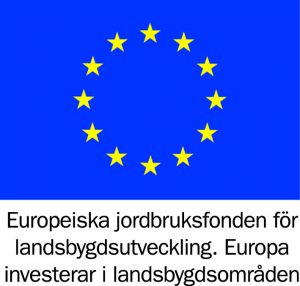
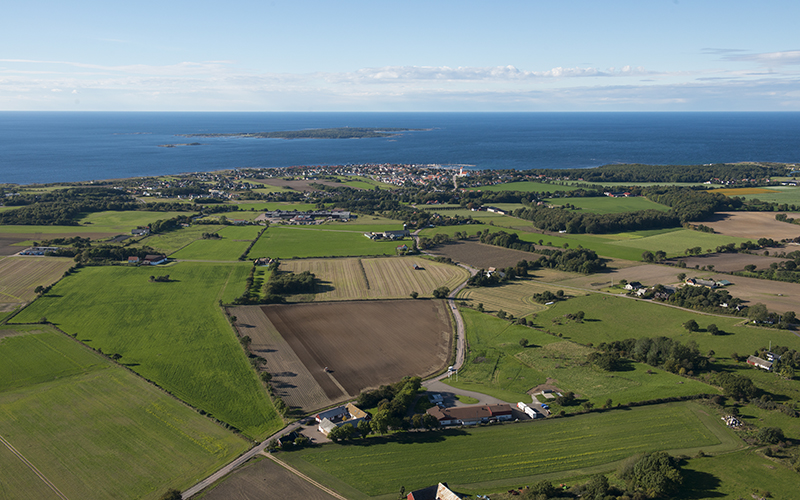
transports och energi has a big impact
Most of our breeding stables are located in Bjäre or in southern Halland. Keeping the transport distances short is important because it minimizes the stress of transport for the chickens and limits the company’s climate impact.
In the chicken houses, only renewable fuel is used. In the slaughterhouse, the use of oil has so far decreased by 90 percent, through investment in a heat recovery plant.
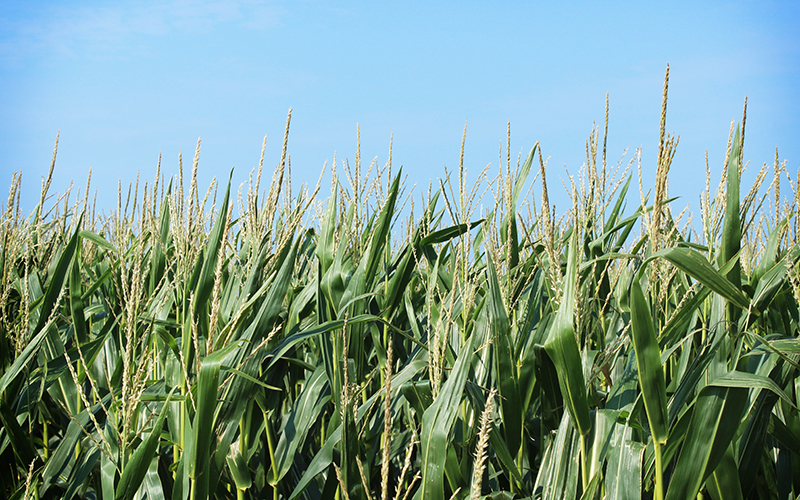
Choice of FEED AND FERTILIZER MAKEs A DIFFERENCE
All soy, that we and the breeders that supply Bjärefågel use, is certified according to ProTerra or RTRS via the feed companies Lantmännen and Svenska Foder as importers of soy. The soy is GMO-free, and it is transported separately from other soy.
Fertilizer is returned to nearby fields to close the cycle between cultivation and production. In addition, the amount of artificial fertilizers used on farms that fertilize with natural fertilizers is reduced.
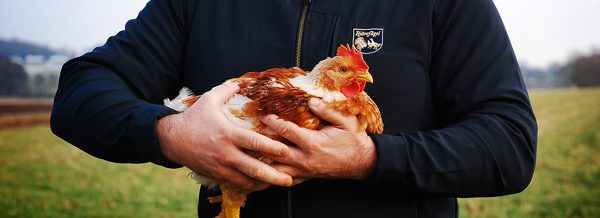
Plans for the future
Bjärefagel’s sustainability goals are based on the UN Agenda 2030. In order to have concrete goals that have a major impact on the company’s environmental and climate impact, we chose three goals to focus on:
- Goal 12: Sustainable consumption and production - the goal is largely to minimize food waste and make the use of natural resources more efficiently. A broad target that Bjärefågel can work on in several stages, both in breeding, transport, and slaughterhouse.
- Goal 13: Combating climate change - the goal is to reduce the amount of greenhouse gas emitted. We can also work on this goal in several stages, in particular transport, feed production and heating of chickens stables.
- Goal 15: Ecosystems and biodiversity - the goal is to have sustainable production that promotes biodiversity. An important goal that Bjärefågel can influence indirectly depending on the type of feed we buy and by influencing the work on the farms from which we buy chicken.
Based on the three goals and contemporary research on animal breeding, environment, and climate impact, six concrete goals were created that Bjärefågel will work on both in the short term and the long term:
- Reduce electricity consumption over time.
- Switch to fossil-free transports.
- Climate certification of 30 percent of the chicken feed and reduce the amount of soy used. Soy is the most climate-damaging ingredient in our feed.
- Optimize the use of resources in the business so that we:
- Reduce the amount of plastic used to package our products.
- Reduce the amount of fuel used to heat chicken stables.
- Increase the stimulus for the chickens in their environment.
- Implement a new stunning method that is proven to be better than the technology available today: stunning with carbon dioxide and stunning with electricity.
